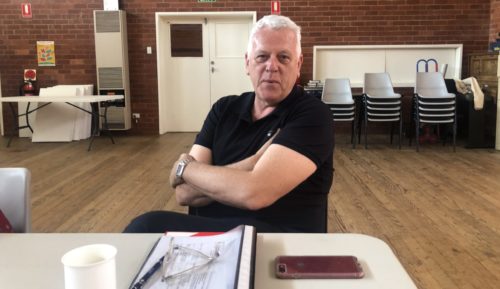
IT’S “addio” Canberra Opera and “benvenuto” National Opera, as we discovered during a recent meeting with celebrated Australian baritone Peter Coleman-Wright.
One of the true heavyweights in the Australian operatic scene, he’s wowed audiences for decades as a brooding Sweeney Todd, an enticing Don Giovanni and a seductive Scarpia. I’ve been a fan for years.
Overseas he’s even bigger, with roles at the Royal Opera House, Covent Garden, Glyndebourne, Opéra Bastille, La Scala and the Met.
An avowed champion of new operatic works, he premiered several roles for the English National Opera and, for Opera Australia, he created the role of Harry Joy in the 2010 opera “Bliss” by Brett Dean, who wrote the role especially for him.
Now, as “CityNews” reported in November, Coleman-Wright has been in Canberra negotiating to become the artistic director of a new company, The National Opera, to be based in the nation’s capital.
If your cultural cringe suggests that’s a comedown from London, Milan, New York or Paris, think again.
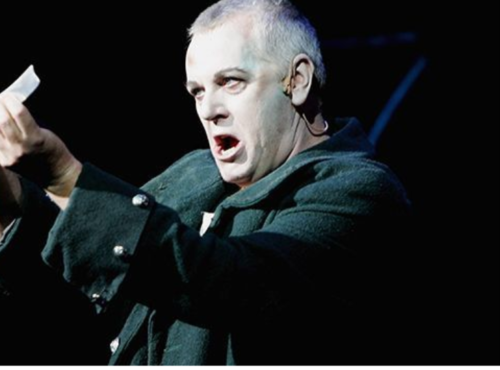
For Coleman-Wright and his wife, soprano Cheryl Barker, now teaching voice at the ANU School of Music, are known for their work as mentors and role models to younger singers and were jointly honoured with Order of Australia awards in 2015 for precisely that.
Coleman-Wright was also honoured for his work in fundraising, something that will come in handy as he works out how to sustain a new company.
His Canberra connections go back further, with a youthful win in the Shell Aria at a time when opera lovers from all around the country flocked to Canberra for the annual contest.
And in more recent years, he’s appeared at the National Arboretum in Chris Latham’s “Voices in the Forest”.
While the pair live with their university-student son in Sydney, they have been assiduously travelling to communities around Australia as vocal adjudicators and facilitators for small opera companies.
We catch up with Coleman-Wright and the National Opera’s new company manager, Stephanie McAlister, in St Paul’s Church Hall in Manuka, where they’ve been gauging the talent pool by listening to local singers.
McAlister, a trained singer and president of Canberra Opera for the past six years, has a very clear view of the road ahead as the organisation forges into the professional sphere, partly armed with a bequest of $500,000 from opera lover the late John Stuart Drabble, who died in 2017.
Coleman-Wright is determined to tread the fine line between nurturing new singers and presenting operas that will genuinely put Canberra on the map.
It won’t be a little touring company like Adelaide Co-Opera and it won’t be an experimental chamber opera like the original Stopera in Canberra, but it might take a leaf out of the book of Sydney’s Pinchgut Opera, which took baby steps at first but has now carved out a huge audience for its brand of baroque opera.
Undeterred by the plastic chairs and the wide-open spaces of the church hall, Coleman-Wright’s eyes light up with the vision splendid of an inspiring new opera company that will bring excitement, tourism and occasionally some notoriety.
“These days, everything is about money, not about vision,” he says.
“It’s well known that I’ve been wanting to go into artistic direction.”
He’s been giving a lot of thought to the problems that beset young singers in Australia, and the fact that outside the capital cities, there’s not much work. For that matter, the major opera companies aren’t doing much for local Australian singers either.
That means that developing artists rarely get a chance to perform with experienced singers in a profession where leading by example was once the rule, as when in the 1980s the famous Australian baritone Ronald Maconaghie directed and acted for the old Canberra Opera – “a wonderful mental fit”, Coleman-Wright thinks.
“I want something classy and professional,” he says, but admits that $500,000 will not go a long way in setting up a company, where several million would be more like it.
In any case, McAlister puts in, the John Drabble Fund is keen that the funds be directed towards the development of new singers, who are defined as those under 35.
It’s early days. Not only is he listening to aspiring young singers to see what the talent pool is like, but he’s also looking around at suitable auditoriums.
He won’t go for a big community hall, no matter how beautifully renovated. Nor will it be an ill-equipped multi-purpose space – it must be a proper theatre, but of modest size.
The questions come as fast as the answers. What’s the capacity of The Q? What about The Street? Whatever happened to the ANU Arts Centre?
Coleman-Wright has been busy studying Canberra which, as the capital city of Australia and with an educated population, seems like the natural place for an opera company.
“Let’s create a safe haven for Canberra’s young singers and young singers around Australia,” he says.
“Ideally, we shouldn’t be bringing singers in but realistically, it will be good for Canberra’s singers to be exposed to professional artists.”
He’s worked with many of the world’s greats, but he’s not about to overstep the mark, saying, “I could ring up Kaufmann [Jonas Kaufmann, the German operatic tenor] today and ask him to come here, but that wouldn’t be skilful.”
Besides, he remembers a conversation with legendary Opera Australia director Moffatt Oxenbould, who advised him that any new company he founded would have to be inclusive – “people will need to feel it’s their company,” he had said.
He’s been at pains to pick exactly the right work for the first opera and says, “you have to be very careful,” as he invites me into a guessing game.
It won’t be Puccini, nor Verdi and, despite saying some very nice things about Mozart, he’s pretty-well ruled him out. But what he has in mind is going to be special.
“We’ll start with a bang – watch this space,” Coleman-Wright says.
Who can be trusted?
In a world of spin and confusion, there’s never been a more important time to support independent journalism in Canberra.
If you trust our work online and want to enforce the power of independent voices, I invite you to make a small contribution.
Every dollar of support is invested back into our journalism to help keep citynews.com.au strong and free.
Thank you,
Ian Meikle, editor
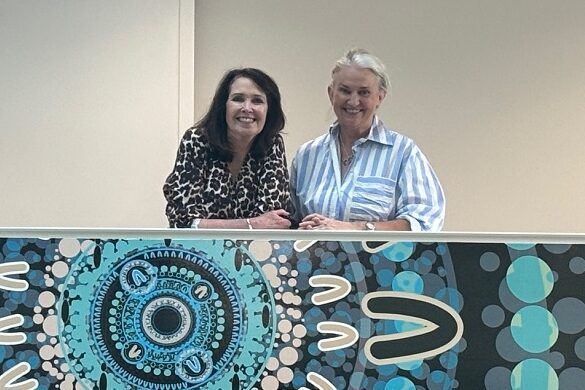
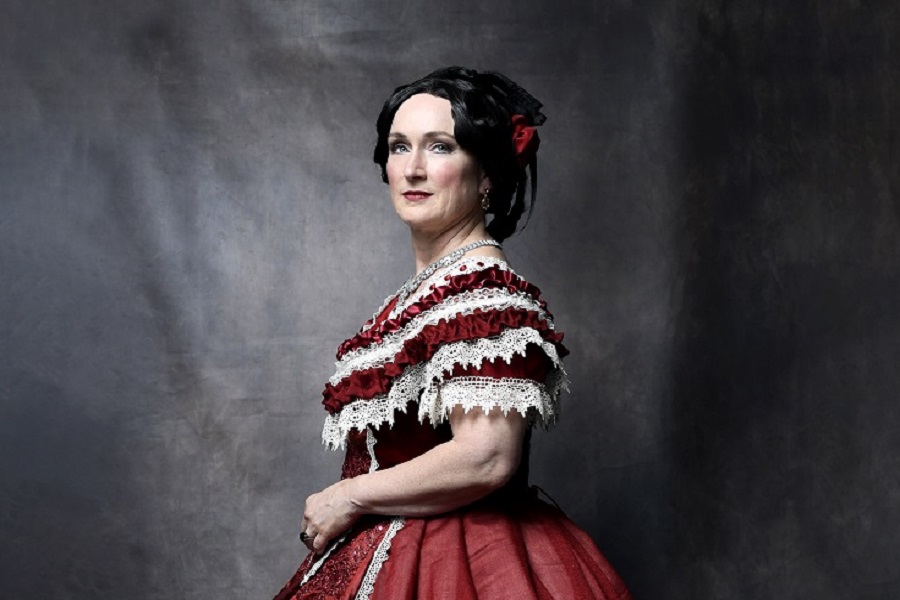
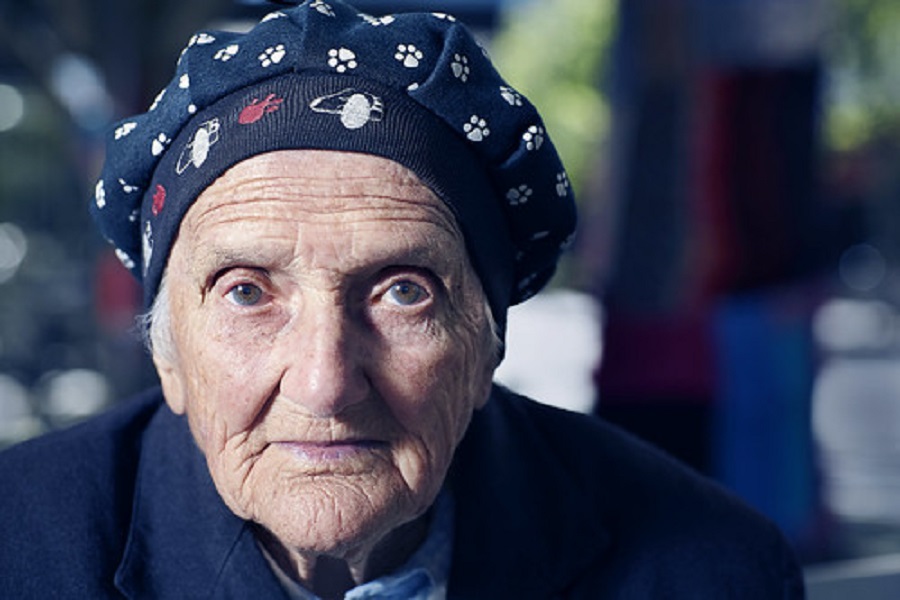





Leave a Reply